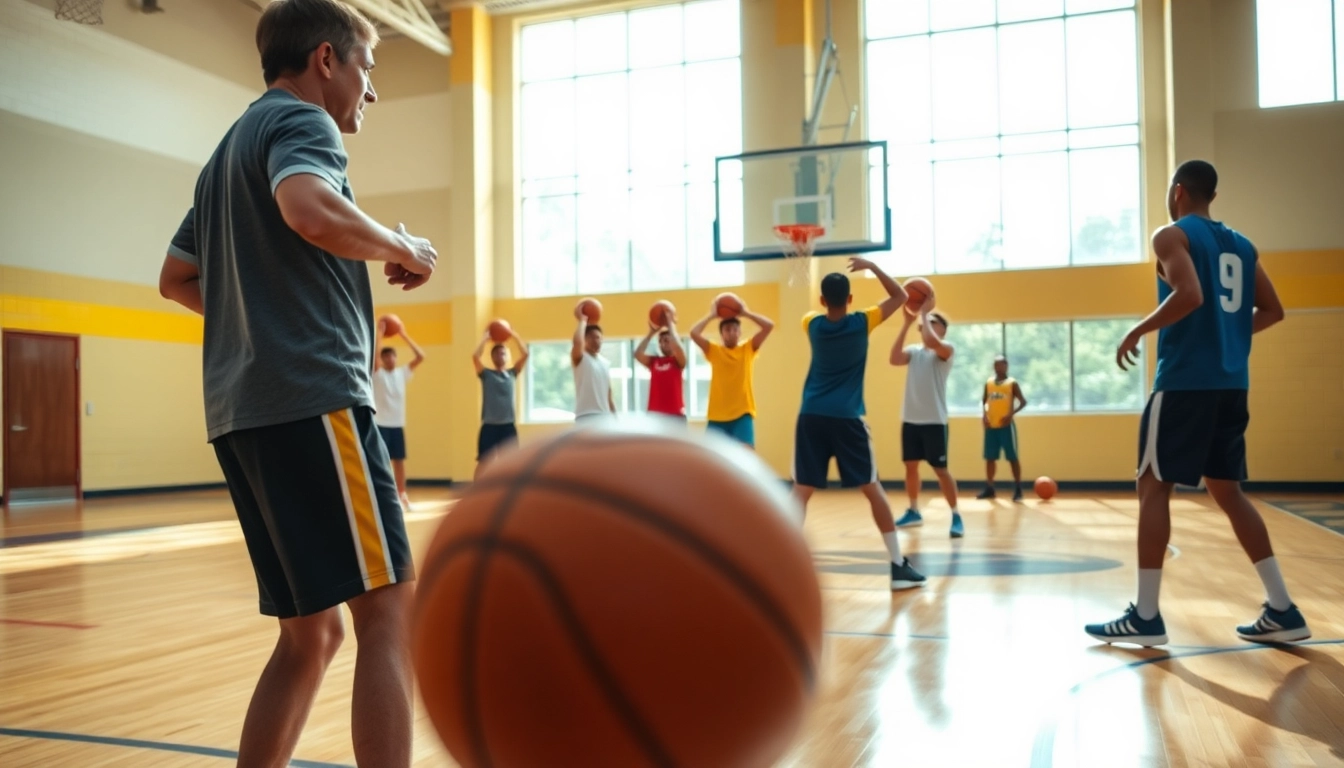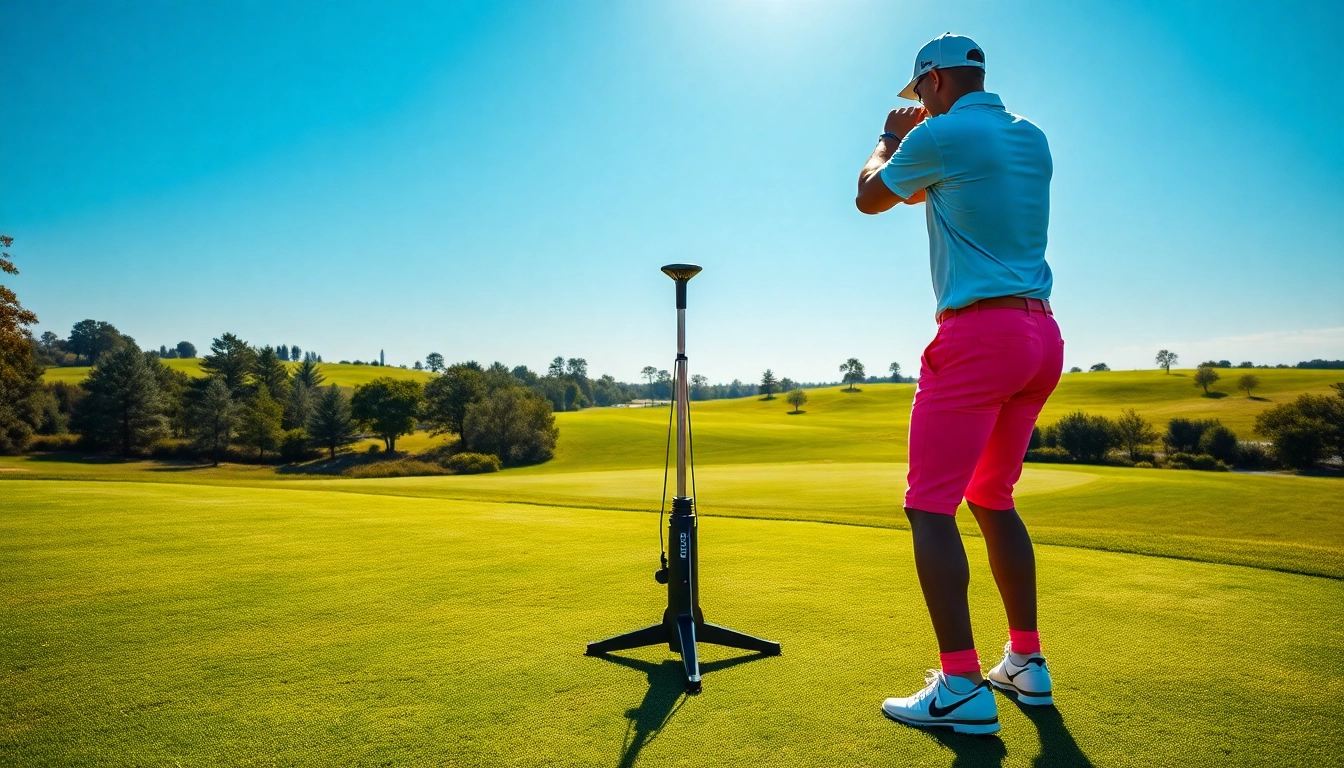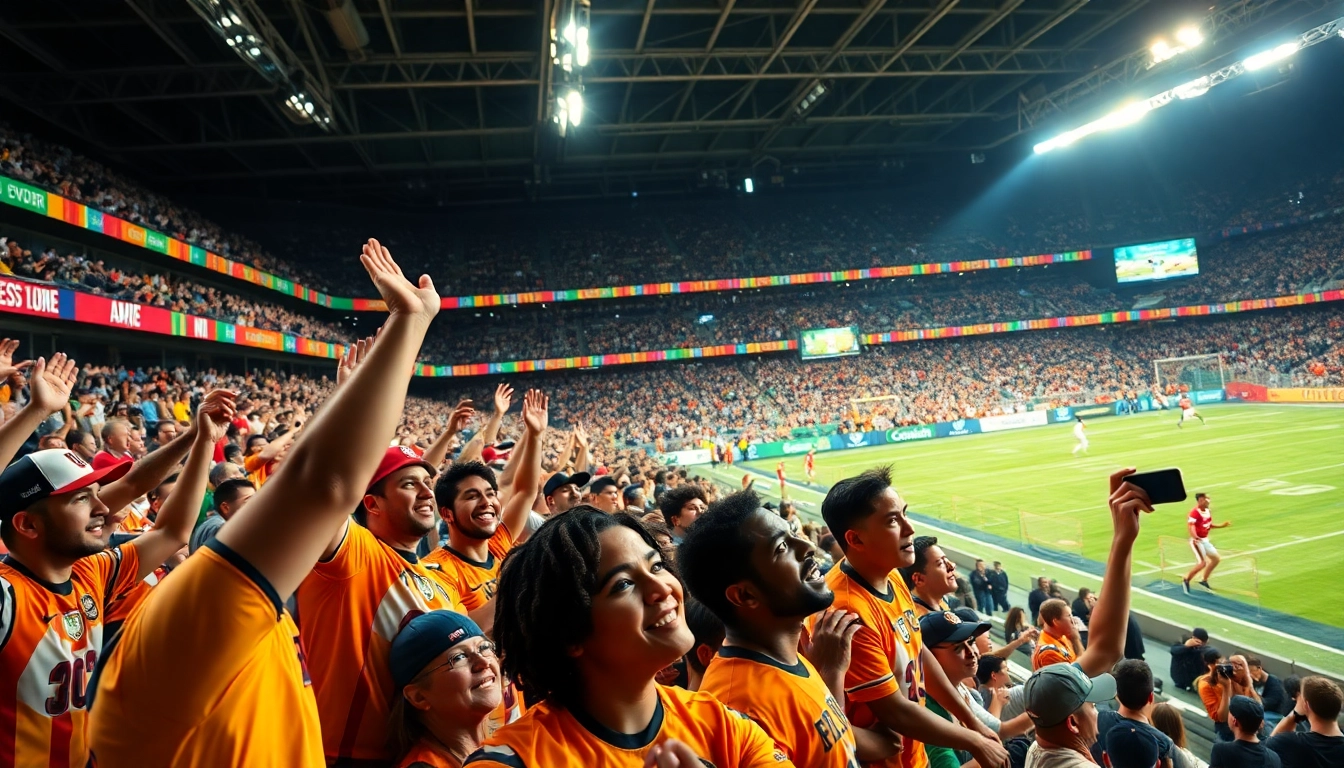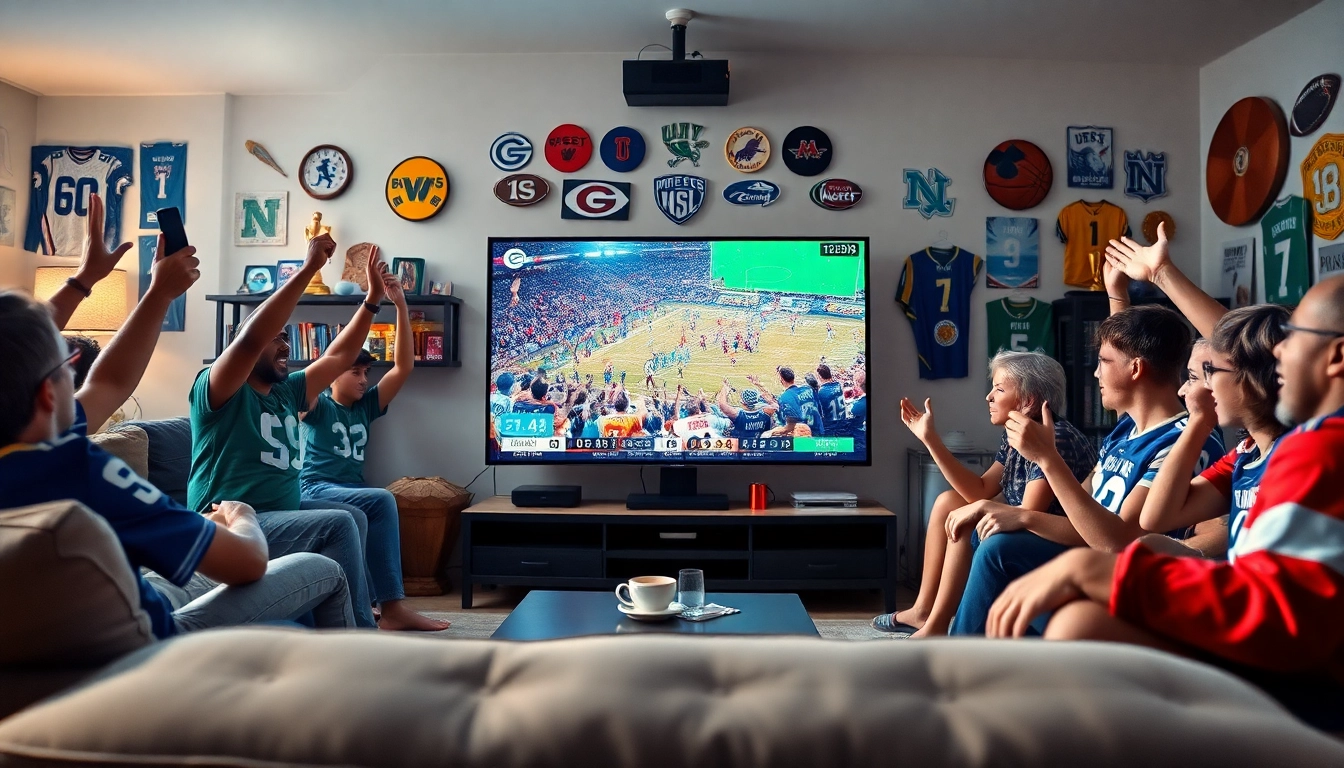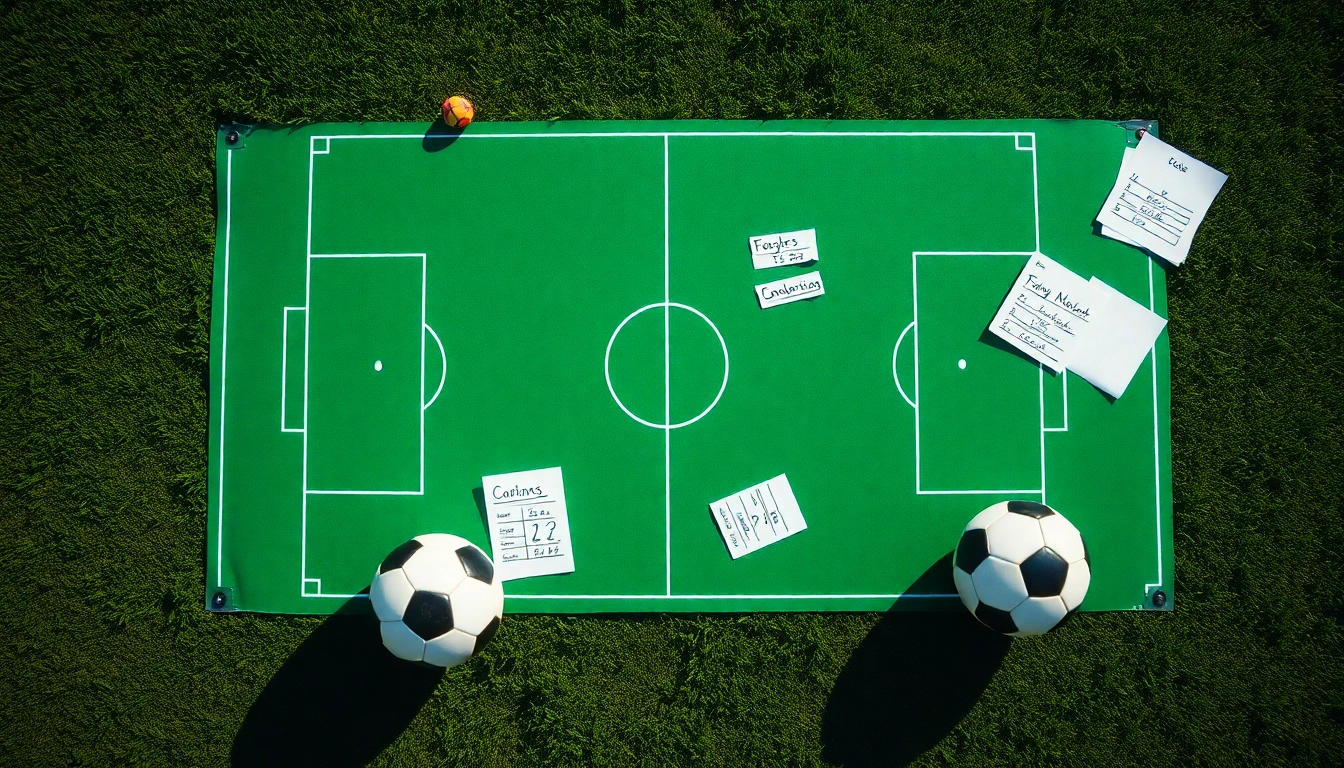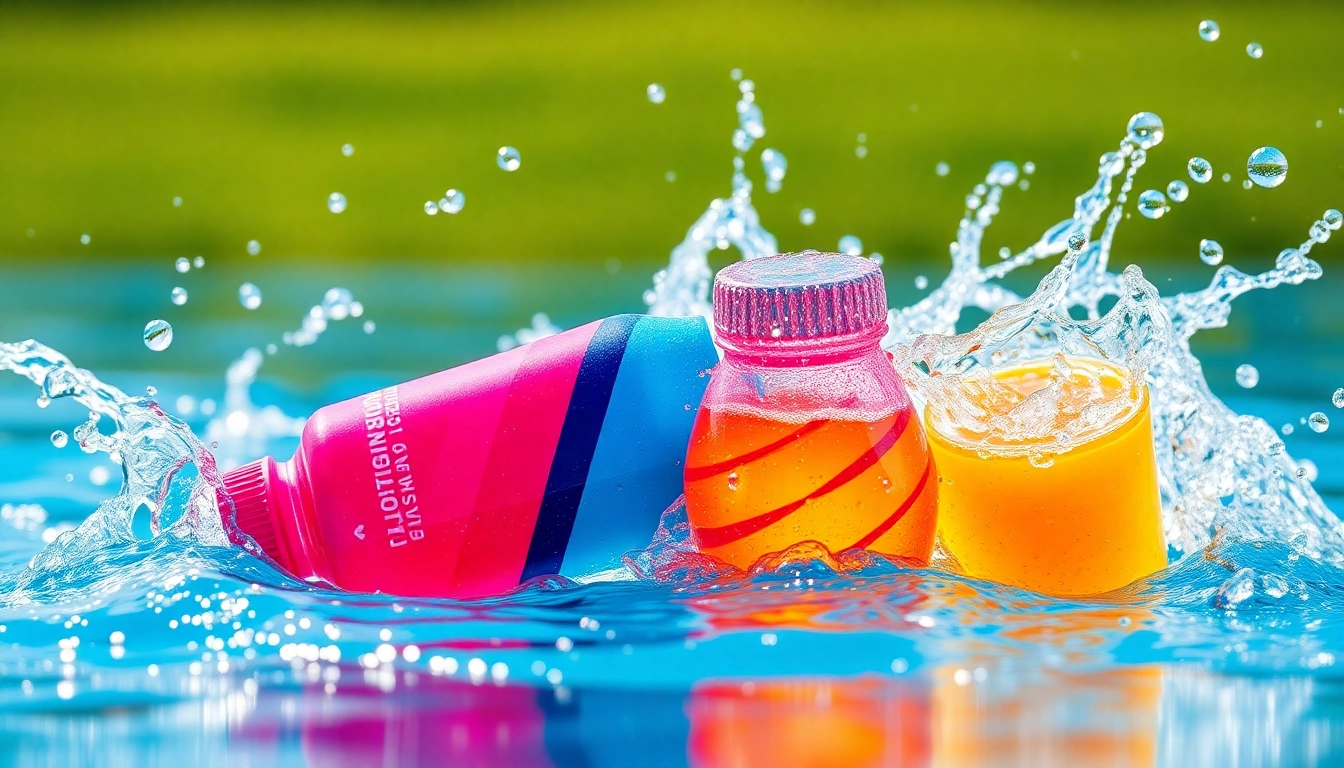Inspiring Young Basketball Enthusiasts: Skills, Stories, and Community Engagement

Understanding the Passion of Young Basketball Enthusiasts
Defining Young Basketball Enthusiasts
Young basketball enthusiasts are not simply children who enjoy shooting hoops; they are aspiring athletes, devoted fans, and individuals who immerse themselves in the culture of the sport. Typically ranging in age from elementary school to early high school, these budding players and fans demonstrate an eagerness to learn and a passion for the game that goes beyond casual interest. They participate in local leagues, attend summer camps, and often model their play styles after their favorite professional players. This demographic is crucial for the future of basketball; they represent the next generation of players and supporters who will carry the love of the game forward.
The Importance of Early Skill Development
Developing basketball skills at a young age is essential for long-term success in the sport. Early training not only builds fundamental skills such as dribbling, shooting, and passing, but also instills a sense of confidence and teamwork. Engaging in youth programs that focus on skill development helps young athletes enhance their physical capabilities and understand the game better. Additionally, mastering the basics allows them to progress into more sophisticated techniques as they grow older. Consequently, young basketball enthusiasts equipped with solid foundational skills are more likely to succeed at competitive levels.
Fostering a Love for the Game
Fostering a love for basketball in young enthusiasts involves creating engaging experiences that highlight the joy of playing and following the sport. Whether through playing in local leagues, attending professional games, or participating in basketball camps, varied experiences deepen their appreciation. Engaging activities can also include watching iconic games, learning about legendary players, and even visiting historical arenas. Young basketball enthusiasts thrive in environments that link enjoyment with skill acquisition, leading to a lifelong passion for the game.
Building Essential Skills for Young Players
Dribbling and Ball Handling Techniques
Dribbling is arguably one of the most fundamental skills in basketball. Young players must learn how to dribble effectively to maintain possession and maneuver around defenders. Coaches should emphasize proper hand positioning, posture, and body movement. Techniques such as the crossover dribble, behind-the-back dribble, and the in-and-out move can be introduced as they grow more proficient. Regular practice drills that incorporate these techniques help young enthusiasts develop excellent ball-handling skills, essential for all positions on the court.
Fundamentals of Shooting
Shooting is another pivotally important skill that young basketball enthusiasts need to master early on. Whether it be layups, free throws, or three-pointers, understanding shooting mechanics is critical. Coaches should teach players the proper shooting stance, hand placement, and follow-through. Moreover, incorporating drills that focus on shooting under pressure or at game speed can help young players adapt their shooting skills for real-game scenarios. By cultivating a strong shooting proficiency, young enthusiasts can significantly impact their team’s performance during games.
Understanding Defense and Game Strategy
Defense is as crucial as scoring in basketball; therefore, it is vital that young players learn defensive techniques. Understanding the principles of on-ball defense, help defense, and positioning lays the groundwork for players to become well-rounded athletes. Coaches should teach the importance of footwork, body positioning, and anticipating the opponent’s next move. Integrating defensive drills into practice sessions can reinforce these concepts effectively. Furthermore, introducing basic game strategies, such as understanding offensive plays and defensive sets, will better prepare young basketball enthusiasts for competition.
Community Programs for Young Basketball Enthusiasts
Local Camps and Clinics
Community programs, such as basketball camps and clinics, play an integral role in developing young basketball enthusiasts. These programs are designed to gear participants toward skill improvement while fostering teamwork and sportsmanship. Many local recreational departments and sports clubs offer seasonal camps, where participants receive coaching from experienced trainers and play competitive games. Such environments provide young players with exposure to diverse playing styles and the opportunity to make friendships that often last a lifetime.
School Basketball Teams and Leagues
Participation in school basketball teams and local leagues is a fantastic way for young enthusiasts to gain competitive experience. Being part of a school team gives players regular game exposure while reinforcing commitment and discipline. Additionally, playing in leagues allows them to interact with a broader range of peers who share their passion for basketball. Through practices, travel, and competition, young basketball players learn valuable life skills such as leadership, resilience, and the ability to work collaboratively within a team setting.
Engaging with Community Coaches
Community coaches are often among the most crucial influences in the lives of young basketball players. They impart not only tactical knowledge but also essential life lessons, highlighting the importance of hard work and humility. Young enthusiasts should actively seek advice and mentorship from these coaches, leveraging their knowledge to improve their gameplay and personal development. Community mentorship opportunities—whether through organized programs or informal gatherings—can assist young players in honing their skills, setting goals, and charting their basketball journeys.
Inspirational Stories in Youth Basketball
Success Stories of Local Young Players
Success stories serve to inspire and motivate young basketball enthusiasts. Many professional players share humble beginnings, often attributing their achievements to sheer determination and support from coaches and family. Highlighting local success stories breathes life into aspirations, showing young players that they too can excel. Whether it’s the player who scored the game-winning basket in a championship or the athlete who overcame physical limitations to excel at their sport, these stories can resonate deeply. Such narratives can be shared in community forums, newsletters, or school assemblies, providing relatable and motivating examples for aspiring players.
The Impact of Role Models in Basketball
The presence of role models in the game of basketball can profoundly influence young enthusiasts. Players like LeBron James, Stephen Curry, and young talents in the NBA inspire children to strive for excellence both on the court and in life. However, local community figures—such as coaches, former players, and sports educators—also play vital roles in shaping the aspirations of young individuals. Engaging with these role models during community events, camps, or even social media can fuel enthusiasm and provide actionable insights into the basketball world.
Memorable Moments and Milestones
Memorable moments—whether from professional games or local tournaments—often become the foundation of a young player’s love for basketball. Events such as the NCAA March Madness, NBA finals, or local championship games offer thrilling displays of talent and sportsmanship. Capturing these moments through photographs, videos, or personal narratives can motivate young enthusiasts by reminding them of the magic the sport brings. Furthermore, milestones such as first-time small league championship wins or the successful completion of a season mark important chapters in their playing journeys, keeping their passion alive.
Resources and Opportunities for Young Basketball Enthusiasts
Basketball Books and Literature
A wealth of literature exists for young basketball enthusiasts, ranging from instructional books to biographies of NBA legends. Reading about the lives and careers of famous players can inspire young athletes and equip them with strategies to improve their game. Books that focus on foundational techniques can be valuable educational resources alongside practical experience. Additionally, engaging young enthusiasts with stories that emphasize perseverance, teamwork, and sportsmanship can foster a deeper appreciation for the game.
Online Tutorials and Videos
The internet is a treasure trove of online resources dedicated to youth basketball. Websites and platforms like YouTube and specialized sports education portals offer myriad tutorials that can help young players hone their skills. From intricate ball-handling drills to shooting mechanics, visual and interactive content provides accessible learning opportunities. Young basketball enthusiasts can learn at their own pace; furthermore, subscribing to channels run by professional players or experienced coaches can keep them informed about emerging trends and techniques in the sport.
Merchandise and Gear for Young Players
Having the right gear can enhance a young player’s performance and enjoyment on the court. Quality basketball shoes designed for traction, support, and comfort are essential, especially for active players. Additionally, investing in appropriate apparel, like moisture-wicking jerseys and shorts, can contribute to a positive playing experience. Local sports shops and dedicated websites often carry merchandise suited for young enthusiasts, including team jerseys, progressive training equipment, and fan merchandise, which help cultivate their passion for the sport.
